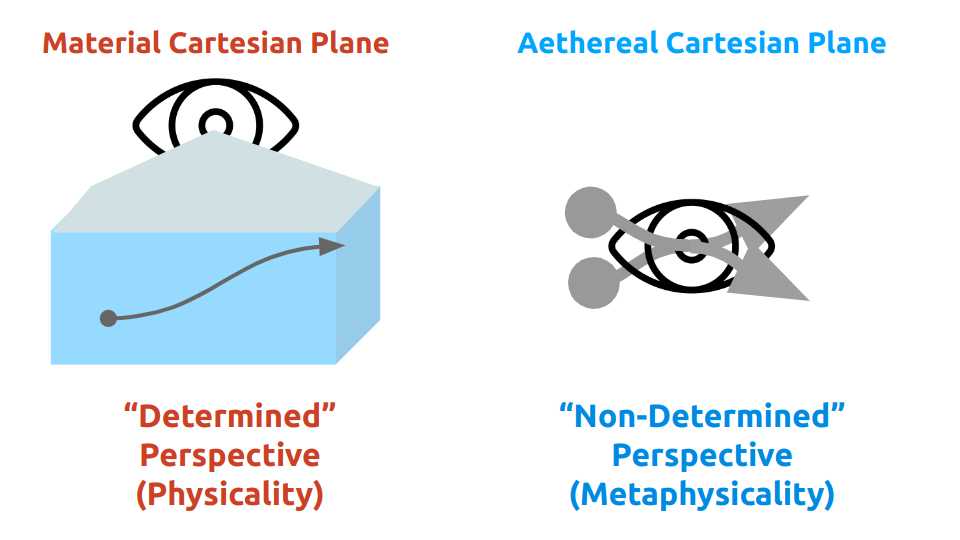Timespace as Holder of Gravitational Signatures
Table of Contents
Timespace is the highest and most subtle sublayer of the Spatial layer.

Here, time predominates and space is minimal. This is the opposite of spacetime where space predominates.
This is visualized by our aethereal Cartesian Plane which is made up of polar coordinates.

Timespace is closer to the Aethereal Layer because:
- it has more time than space
- it has more access to discrete perceptions since time is the gap between perceptions in general (as opposed to space which is confined to a single perception)
While spacetime looks outward from the expanse of a single perception, timespace looks inward from the variety of perceptions.
This is why timespace is necessary to reveal and analyze the gravitational signature of an identity, which is totally inward or inherent.
The Glue for Spacetime Slices
In Cartesian Physics, time is made up of independent moments or timespans. It follows that space is also independent as well. This leads to our concept of spacetime slices.
A life-span can be divided into countless parts, each completely independent of the others. My existence at one time does not follow that I exist at later times, unless some cause keeps me in existence. That cause creates me afresh at each moment. The nature of time is different in the time for bringing something into existence, and the time needed to keep a thing existing.
Rene Descartes
Meditations, Part 3

These independent slices:
- exist inside the probabilistic aetherspace and
- are glued together by timespace
The qualities of timespace are derived directly from the aethereal layer above it. This means that it is affected by, or is the result of, monads.
This is why the timespace particles (mots’) are the holder for the aethereal gravitational signature in the spatial layer.
- The timespace particle in turn is held by the aethereal identity (moa3)
How it Works
Every material thing, such as a box, has the 5 Layers:
| Layer | Description |
|---|---|
| Aether | Identity of the box |
| Spatial | The space occupied by the box. This includes location |
| Radiant | The energy of the box |
| Convertible | The reactivity of the box to other matter |
| Material | The mass of the box |

Its location in space and time is determined by its timespace, as the main particle of the Spatial Layer.